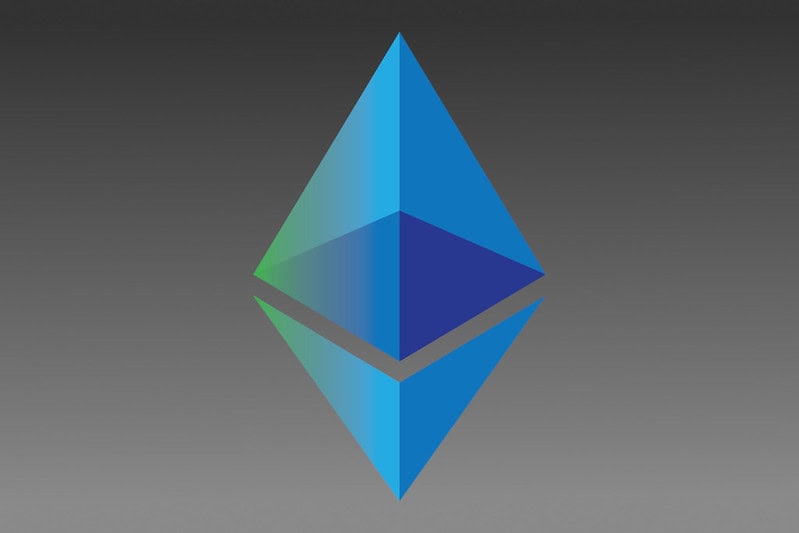Important points:
- Ethereum’s latest roadmap release, “The Splurge,” delves into protocol optimizations that are critical to network efficiency and long-term security.
- Planned improvements to Ethereum's EVM aim to support advanced cryptographic features without extensive precompilation and improve efficiency.
- New account abstraction features redefine transaction validation and enable secure and user-friendly wallet operations.
Ethereum co-founder Vitalik Buterin recently shared the sixth part of his future roadmap, called “Splurge.” The purpose of this chapter is to introduce various protocol extensions that cannot be easily classified into one category, but are essential to the evolution of Ether.
“The Splurge” showcases innovations that support Ether’s ambition to remain the leading decentralized platform, primarily divided into EVM upgrades and cryptographic advancements.

EVM upgrades target efficiency and security
One of The Splurge's main areas of focus is Ether Virtual Machine (EVM). EVM has long suffered from inefficiencies, especially in its ability to handle complex cryptographic operations.
Ethereum developers are rolling out a new EVM object format (EOF) designed to separate code from data, prohibit dynamic jumps, and add certain subroutine mechanisms. This structured approach is expected to improve the system's ability to handle advanced cryptography, strengthen security, and streamline high-level languages.
Following the deployment of EOF, the next phase of Ether will include a modular compute extension known as EVM-MAX. These new operations create a secure space within EVM to perform optimized cryptographic functions such as hash functions and elliptic curve cryptography.
This step, combined with Single Instruction Multiple Data (SIMD) support, could dramatically improve Ethereum's performance and support a variety of future decentralized applications.
Ethereum account abstraction redefines transactions
Account abstraction, another priority of The Splurge, redefines Ether’s transaction system by allowing smart contracts to initiate transactions on behalf of externally owned accounts.
This feature enables a high level of security and promises to improve the user experience. This enhancement will allow accounts to use other tokens to pay transaction fees and employ quantum-resistant cryptography for future-proofing.
Since its 2015 proposal, account abstraction has been expanded and versatile transaction capabilities, including social recovery wallets, introduced, making Ether more accessible. Although currently external to the protocol, features like ERC-4337 have been optimized for possible inclusion in future network updates.
In addition to improvements to EVM and account abstraction, Ethereum's roadmap includes advanced cryptographic techniques. These enhancements, such as Verifiable Delay Functions (VDF) and zero-knowledge proofs, promise to support Ether's scalability and privacy goals.
Related books |Will the Shiba Inu's historical record be broken again?

